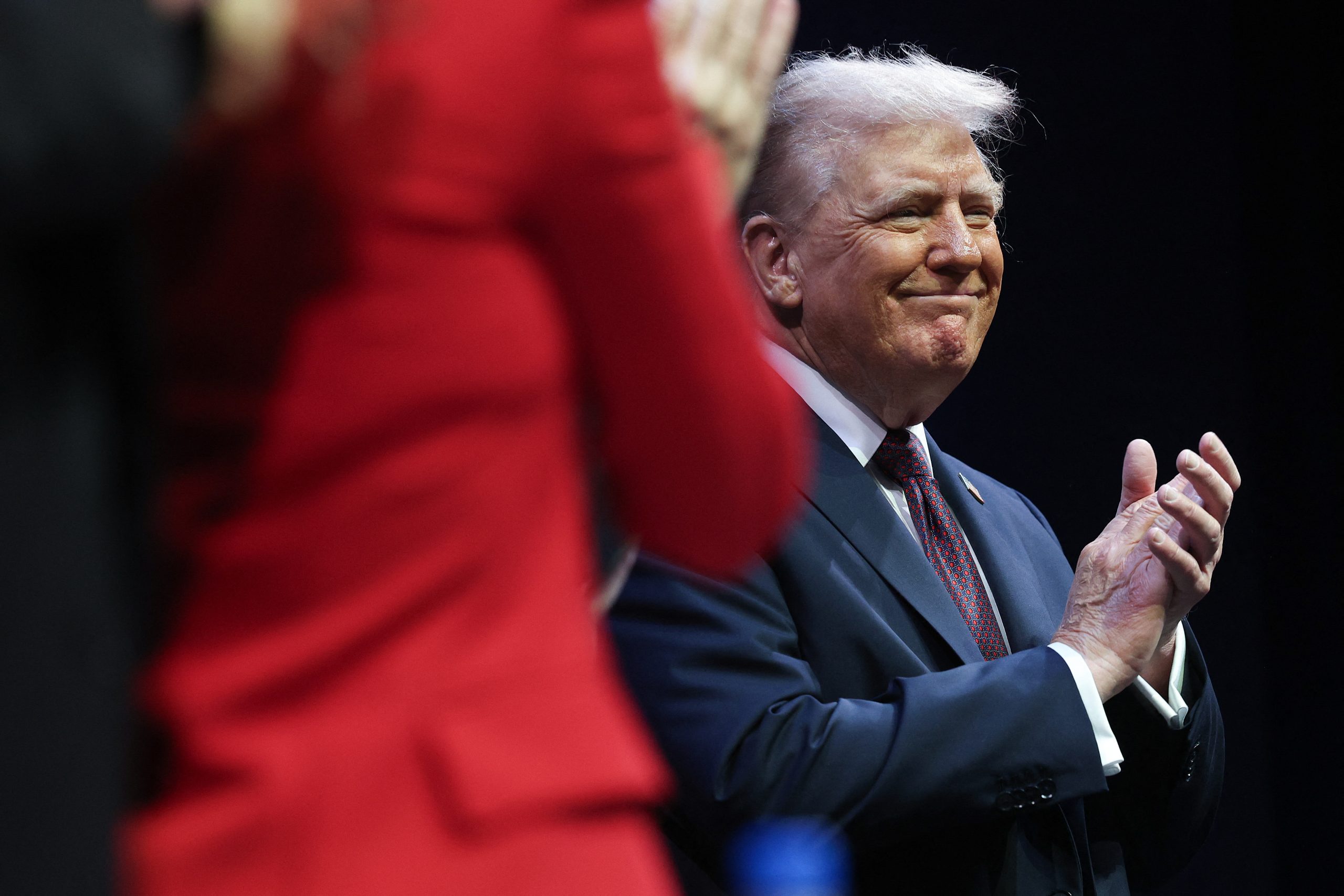The Lagos Chamber of Commerce and Industry believes that eliminating fuel subsidy by the Federal Government is one of the best economic moves that will decrease Nigeria’s debts and address corruption in the oil industry.
According to The Punch, the President of LCCI, Dr. Michael Olawale-Cole, made this statement during the chamber’s second-quarter state of the economy conference in Lagos on Tuesday.
However, Olawale-Cole also advised the government to implement a variety of protective measures before the subsidy removal in the second half of the year to reduce any potential damage to the economy.
“Removal of fuel subsidies is, amongst others, expected to spur investments in domestic refining and petrochemicals and create a significant value chain for the various stakeholders.
“Though the planned removal of fuel subsidies may cause further northward movement of inflation in the short term, it is arguably one of the best economic decisions to reduce our unsustainable debts and widespread corruption in that sector.
“The government must however, take cognisance of its socio-economic implications, especially with unemployment at the unwholesome rate of about 40 per cent,” he said.
The President of LCCI, disapproved of borrowing money to fund subsidies or back unprofitable ventures. He stated that the government’s obsession with accumulating debt was harmful.
He however suggested that the government should prioritize exploring alternative options, such as offering equity opportunities, selling its real estate holdings, and addressing oil theft, to create room for fiscal manipulation.
According to him, it is important to adhere to the Ministry of Finance Incorporated guidelines, which were recently launched and restructured by Major General Muhammadu Buhari (rtd.) on February 1, to optimize national assets.
Speaking of the restructuring, he said, “It would also motivate national asset managers, led by MOFI, to grow our assets and the returns on them as well as motivate our national liability managers, led by the DMO, to minimise our liabilities and the costs we incur on them with equal vigour.
“Indeed, issuance of joint reports by MOFI and DMO would be most ideal going forward.
“One-sided updates on liabilities with no updates on assets when such updates were adequately available could well be blamed for some of the downgrades of Nigeria’s debt issuance risk profile and outlook.
“The rating outcomes would have been more favourable, had updates on assets been provided side-by-side with updates about liabilities.”
Olawale-Cole also suggested that the government should focus on alternative options such as creating equity opportunities, selling its real estate properties, and addressing the issue of oil theft to allow for more fiscal flexibility.









